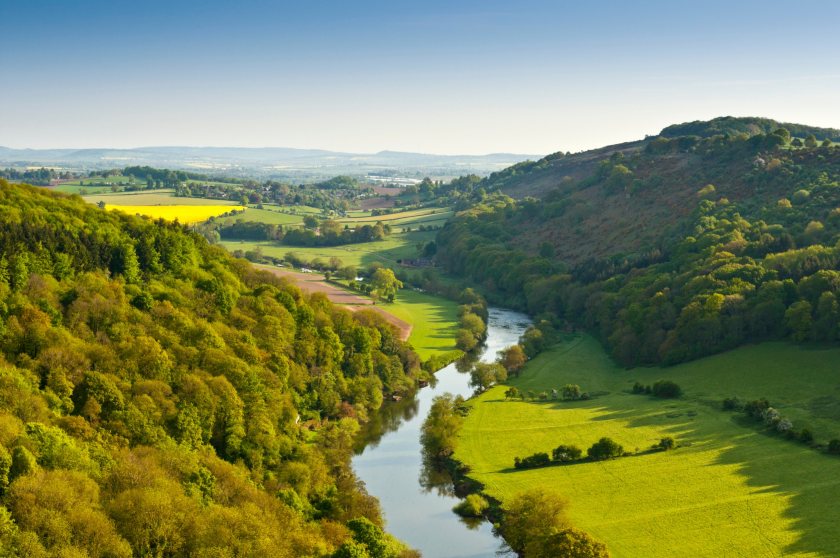
Defra has announced funding of up to £35m in grant support for farmers in the River Wye catchment to purchase poultry manure combustors to curb pollution.
The new River Wye plan, unveiled today (12 April), sets out measures to begin protecting the river from pollution after it was downgraded to ‘unfavourable – declining’ last year.
This is due to numerous reasons, Defra said, including climate change, invasive species, and pollution from various sources, such as nearby farms.
As part of it, up to £35 million in grant support will be provided to farms in the catchment area for poultry manure combustors.
Combusting poultry manure provides a source of renewable energy and converts manure to a nutrient rich ash, which is a valuable fertiliser that is easier to transport and use on farms.
Any new combustion units will need approval, Defra said, with the department confirming it will work with local stakeholders and regulators to ensure 'robust assessments' for protection of the environment and human health.
Farming Minister Mark Spencer said: “Our plan will dramatically reduce the amount of nutrients entering the river, mostly by helping farmers transition to more sustainable practices.
"This will include providing up to £35m for on farm poultry litter combustors and trialling the use of emerging technology to help farmers share organic nutrients with their neighbours."
Since April 2023, the Environment Agency has carried out over 500 farm inspections across the Wye catchment, aiming to help farmers comply with legal requirements.
Since then, 315 actions have been identified to improve on-farm practices in the catchment area.
Marc Lidderth, area director at the agency, said: "The introduction of this plan allows the agency to capitalise on its work already underway with partners, local farmers and environmental groups to tackle the decline in water quality.
"Our regulatory work will continue across the Wye, with agency officers inspecting farms as well as using technology such as satellite images and drone footage.”
